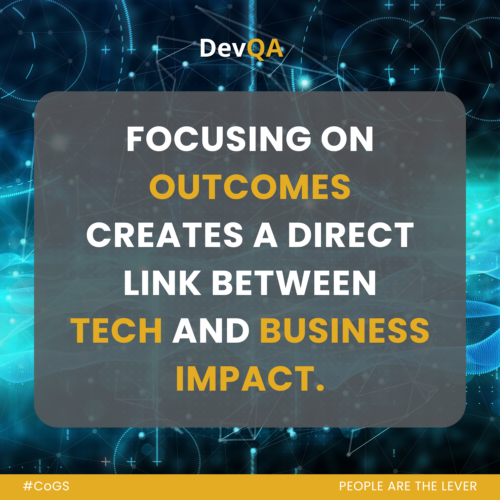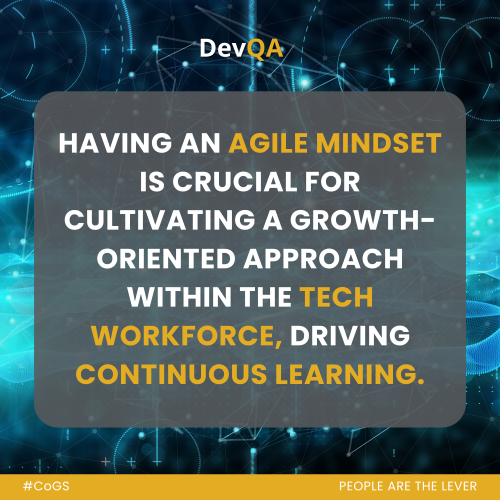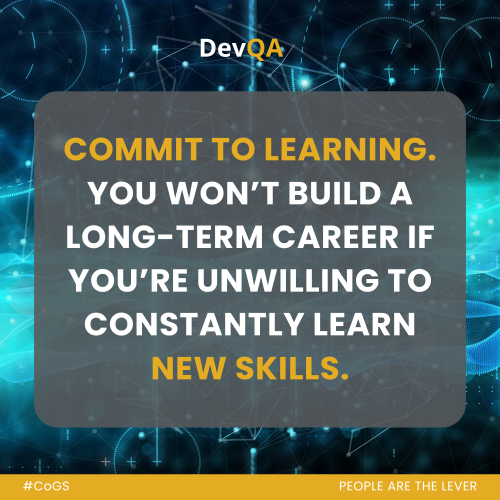
Be a Master of the Universe
3 Essential Skills for Modern Software Engineers
We’ve mentioned in a previous post that software delivery has undergone a fundamental shift to adapt to the changing demands of a world in the throes of digital disruption. Engineers have had to change their approach drastically to meet the needs of modern software development projects, and the skills we apply today are wildly different to those of ten years ago.
What skills should software engineers and quality testers cultivate in this era of instability if they are to build long, successful and fulfilling careers? Is it learning a new coding language such as Swift or Ring? Is it supplementing existing skills with data science? Possibly. But is that enough? Probably not.
The entry of the so-called exponential technologies – AI, machine learning, IoT and blockchain – into our everyday lives means no coding language is safe from future disruption. For all we know, algorithms may do much of what we consider day-to-day software development in future, independent of human input.
So what skills are worth cultivating? In our experience – and based on some of the more forward-thinking experts of our time – there are three skills you can cultivate that will give you a strong foundation for long-term career growth and mastery.
a focus on
outcomes
In our fast-paced, constantly disrupted world, speed is one of the great competitive advantages. Getting a minimum viable product into market for testing and feedback can reduce development timelines and ultimately produce a better outcome.

The days of waterfall development projects have long been over: the benefits of Lean and Agile methodologies simply outweigh and outclass waterfall development approaches in every conceivable way.
The core premise is that the newer methodologies constantly result in useful outcomes – such as a minimum viable product – that can be used for testing and feedback, which in turn guides improved development further down the line. It forces developers to think about the desired end, instead of simply following steps in a process.
An agile mindset
Speed is nothing without agility. Having the flexibility to adapt to changing conditions is an essential skill in an environment where change is the only constant.
But adaptability is only half the story: an agile mindset looks at goals, challenges and solutions in new and different ways.

For example, instead of focusing on containing the cost of development, an agile mindset will strive to increase the value of the project (and their contribution to the project) by delivering early and regularly. Instead of simply focusing on completing the scope of work, an agile mindset will focus on garnering quick feedback to identify areas for improvement and improve the ultimate quality of the work.
Having an agile mindset is crucial for cultivating a growth-oriented approach within the Tech Workforce, driving continuous learning and adaptable career development.
Which brings us to our final skill.
Being teachable
Let’s face it: you won’t build a long-term career if you’re unwilling to constantly learn new skills. The pace of change is accelerating. Technologies, approaches and methodologies are constantly shifting, being replaced or made redundant due to disruption. New research suggests you may have as many as four or five different careers during your working life.

